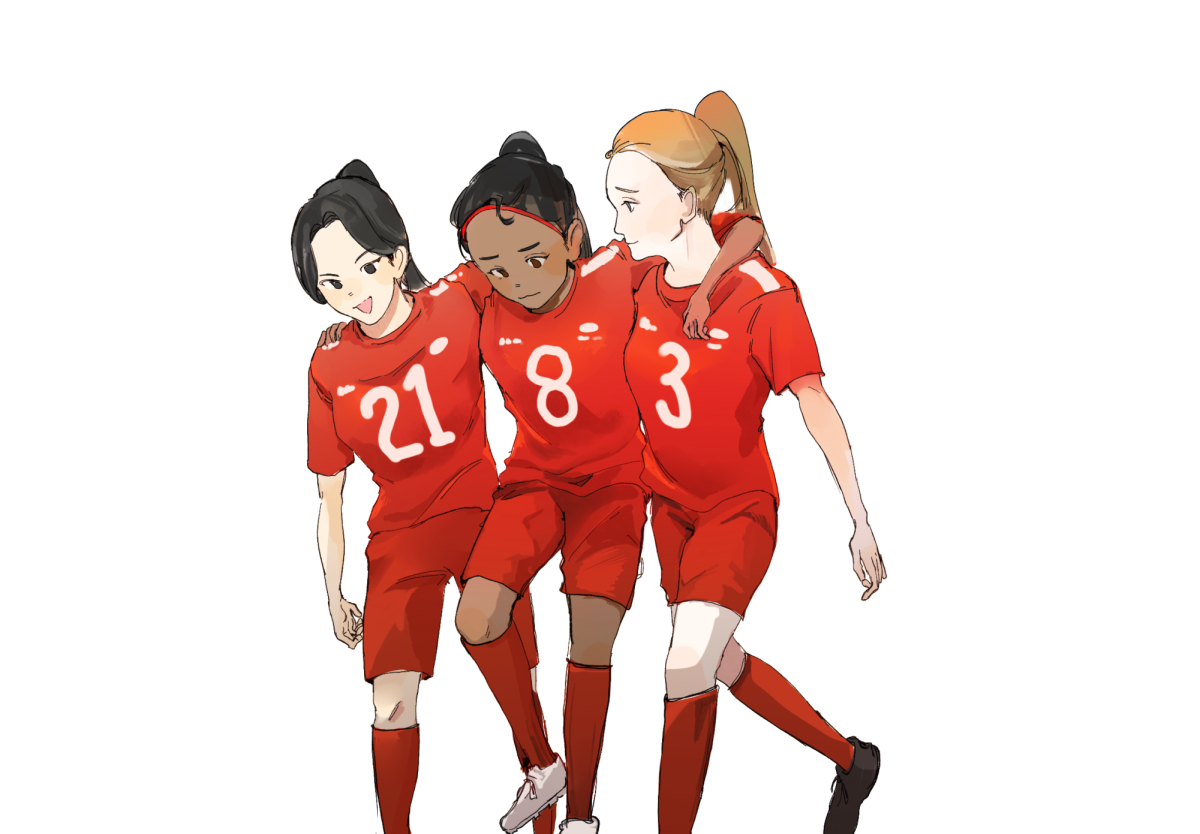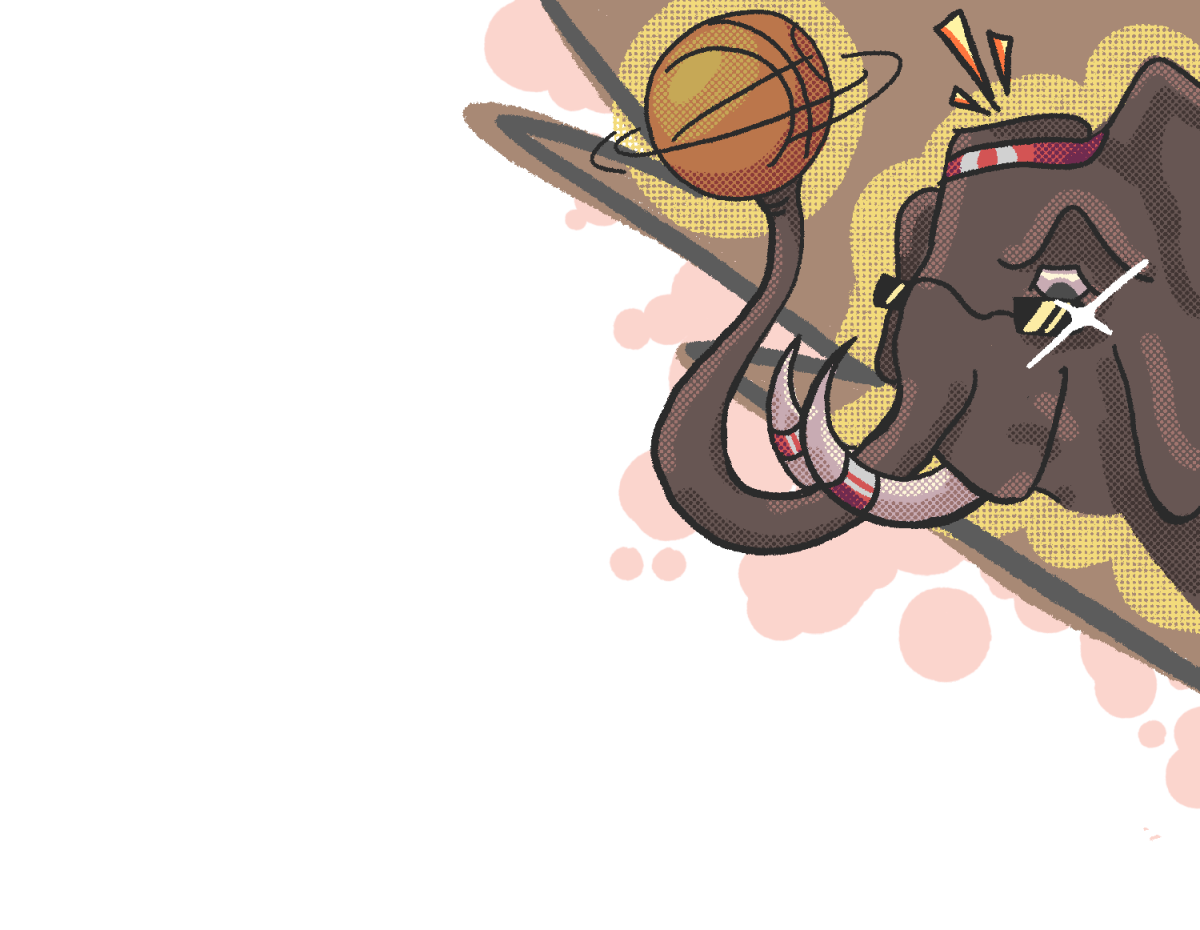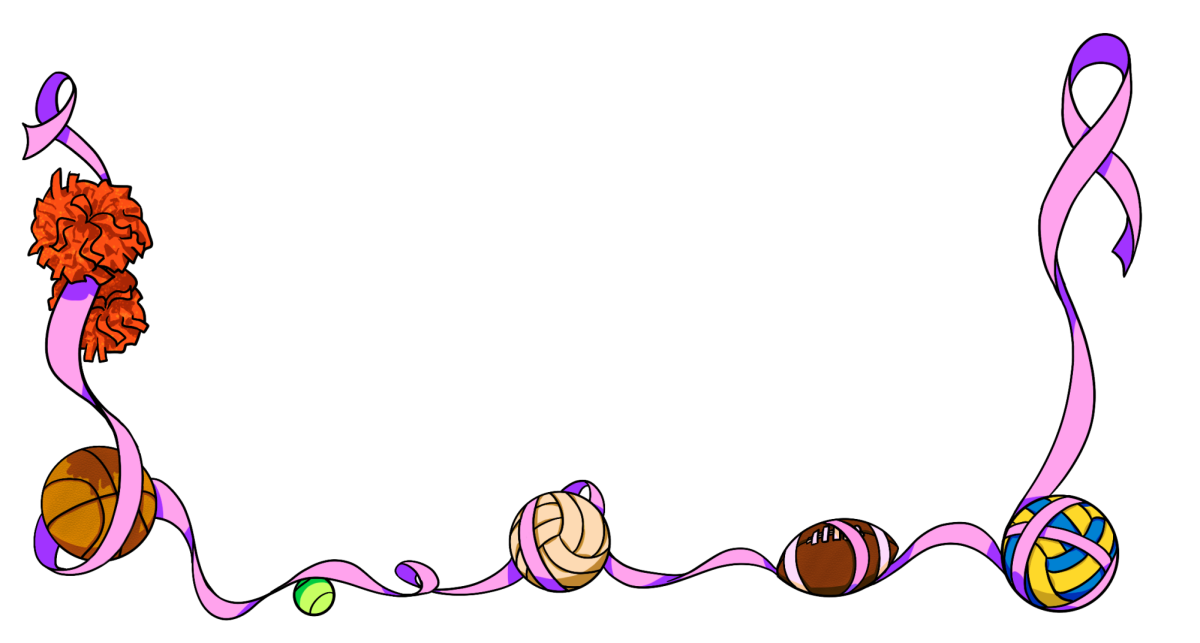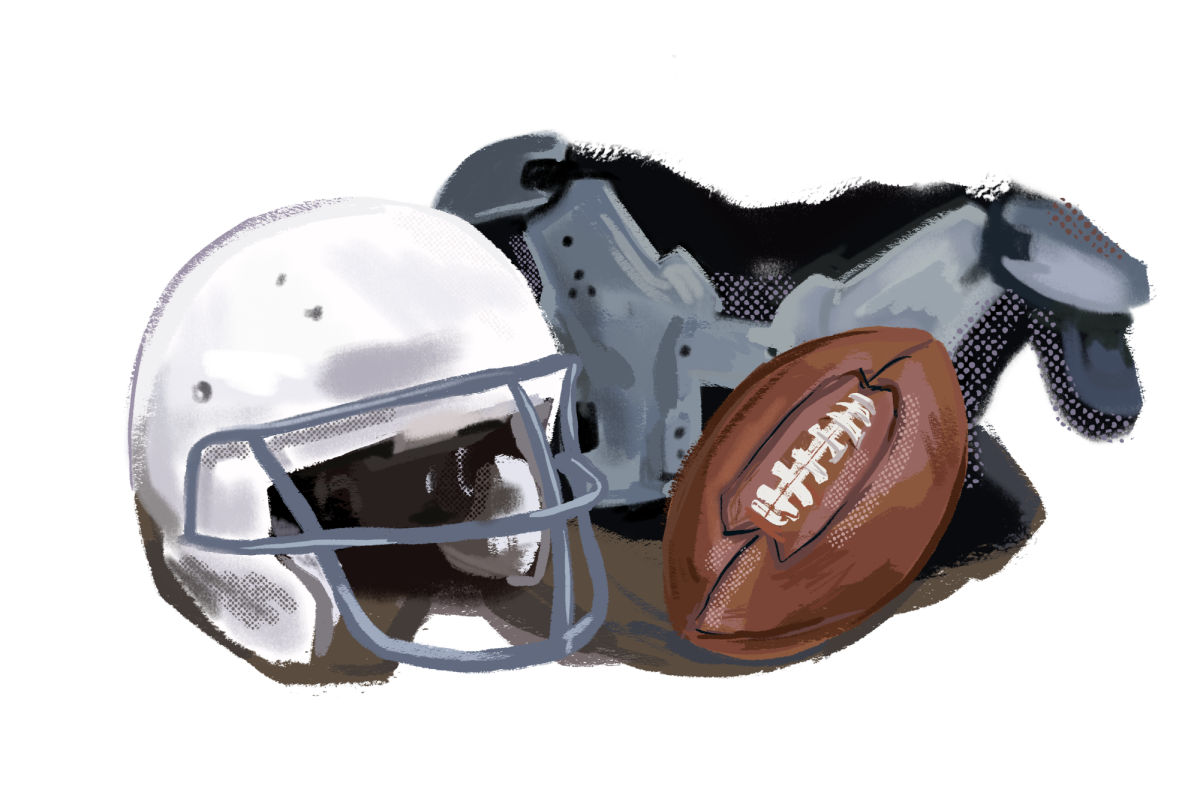Written by Michael Chen
In sports, a bandwagoner is someone who associates with some team or player after that team starts gaining popularity and exhibiting success. They are usually seen as copycats who follow the crowd, and the word bandwagoner generally denotes some feelings of contempt for a person with loose team loyalties. But despite the negative connotations associated with bandwagoning, being a bandwagoner is actually beneficial to people who do it. Essentially, bandwagoners never have to deal with the worst part of watching sports: seeing a favorite team lose.
The benefits of bandwagoning mainly have to do with how winning shapes our lives. To put it simply, we all like to be winners, for the obvious reasons that winning feels good and puts us higher up in the social hierarchy. In society’s ladder, winners come out on top, and there is no distinction between next in line; second, third and the others are losers. True fans of teams claim to be superior because bandwagoners lack serious loyalties, which makes them inferior and despicable. However, when it comes down to feeling good and being on the winning side, bandwagoners are superior because they are always winning. While serious fans who commit to teams have to endure rough patches in that team’s success, bandwagoners have no such problem. A bandwagoner can forget their favorite team whenever that team drops the ball, and decide to start supporting them whenever the team decides to get back on their feet. The winning streak is endless.
One such example of when bandwagoning is a beneficial activity is in the instance of the San Francisco Giants. In the past five years, the Giants have won three World Series titles, one in 2010, another in 2012 and one this year. While three world series wins is no small victory, each win is separated by a loss. A true fan living in San Francisco would live through the excitement of each win and heartbreak and downfall of each defeat. The resulting emotional pattern would resemble that of someone on a caffeine addiction. One year the person would experience a huge spike in triumph and excitement because the Giants overcame the odds and the next year their expectations of victory would be crushed and they would experience disappointment and melancholy. This pattern would continue, with both the positive spikes and negative emotional crashes increasing in magnitude after each new development.
On the other hand, while a bandwagoner would also have the privilege of experiencing the excitement of the Giants winning, they would not have to deal with the disappointment following each loss. Essentially, bandwagoning on the Giants can be compared to having a caffeine addiction where the emotional crash never comes.
Despite all of the hate that bandwagoners receive for cheating the system, they are doing the most beneficial thing for themselves. The world of sports fans has no rules that force people to commit to a team, so bandwagoners take advantage of this. This is probably why bandwagoners get so much hate, because their looser commitments let them cut the crowd and keep a winning streak. That is what makes it beneficial to be a bandwagoner. After all, when the choice is between winning and losing, why choose to lose?












